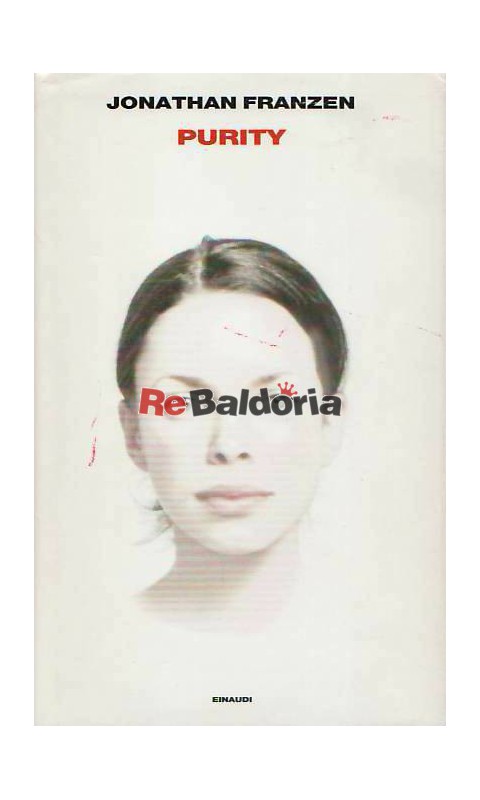


In my view, the novel peaked with Dostoyevsky, and although I do admire, for instance, Lessing’s The Good Terrorist, Eco’s Foucault’s Pendulum, and Burgess’ Earthly Powers, you’ll note that the most recent of these was published almost 30 years ago. Second, and more to the point, I despise contemporary fiction almost as much as Jonathan Franzen despises women. Meanwhile, the criminal charges on which I’ve been imprisoned center on my fairly peripheral involvement in a 2011 raid by certain anarchist hackers of my acquaintance on the State Department-linked corporate espionage firm Stratfor, the stolen emails from which were provided to WikiLeaks. I happen to have been an early and rabid partisan of Assange, and the two of us sometimes say nice things about each other in the press. First, this book revolves in part around the amoral antics of a character based rather closely on Julian Assange, while separately including references to Assange himself, most of them critical. Two things bear noting in the interest of full disclosure. Thankfully, though, I’ve received a couple of representative clippings in the mail, along with a copy of the book in question, Purity, which I’ve been asked to review. A S I NOT ONLY LIVE in a federal prison but am also currently being held once again in a 23-hour-a-day lockdown punishment cell due to my incorrigible behavior, I haven’t been in a position to directly follow what I gather has been a very edifying net-driven controversy over Jonathan Franzen and his latest work, which really feels like another punishment in and of itself.


 0 kommentar(er)
0 kommentar(er)
